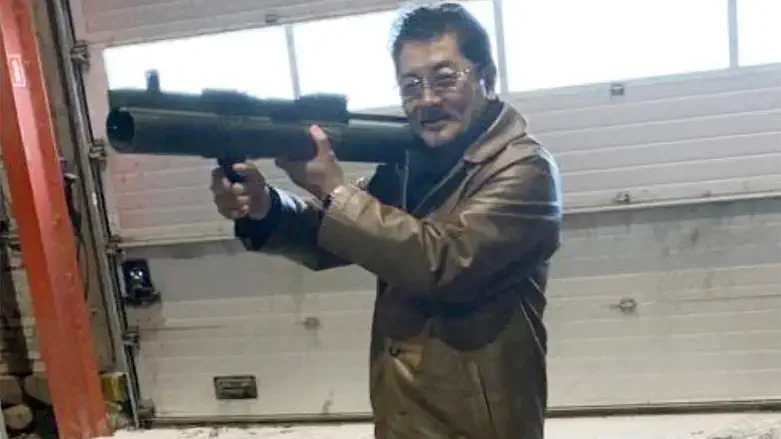
US authorities have charged the leader of a Japanese “yakuza,” or crime syndicate, with trafficking nuclear materials, the US Department of Justice reported Wednesday.
Takeshi Ebisawa, 60, of Japan, pleaded guilty in Manhattan, New York, to conspiring with a network of associates to traffic nuclear materials, including uranium and weapons-grade plutonium, from Burma to other countries, as well as to international narcotics trafficking and weapons charges.
In early 2020, Ebisawa informed an undercover agent and a DEA confidential source that he had access to a large quantity of nuclear materials that he wanted to sell. Later that year, Ebisawa sent the agent a series of photographs depicting rocky substances with Geiger counters measuring radiation, as well as pages of what Ebisawa represented to be lab analyses indicating the presence of thorium and uranium in the depicted substances. In response to Ebisawa’s repeated inquiries, the agent agreed, as part of the DEA’s investigation, to help Ebisawa broker the sale of his nuclear materials to an associate, who was posing as an Iranian general, for use in a nuclear weapons program.
Ebisawa then offered to supply the general with “plutonium” that would be even “better” and more “powerful” than uranium for this purpose. He further proposed the sale of uranium to the general, to fund the weapons purchase.
Acting US Attorney Edward Y. Kim for the Southern District of New York added, “Takeshi Ebisawa brazenly trafficked nuclear material, including weapons-grade plutonium, out of Burma.”
“At the same time, he worked to send massive quantities of heroin and methamphetamine to the United States in exchange for heavy-duty weaponry such as surface-to-air missiles to be used on battlefields in Burma and laundered what he believed to be drug money from New York to Tokyo.”
The DEA investigation has been in process since around 2019. In 2022, he was charged with international narcotics trafficking and firearms offenses.
Ebisawa pleaded guilty to six counts contained in the superseding indictment. A federal district court judge will determine any sentence after considering the US Sentencing Guidelines and other statutory factors.
The DEA is investigating the case with assistance from enforcement partners in Indonesia, Japan, Denmark, New Delhi, and the Kingdom of Thailand.
